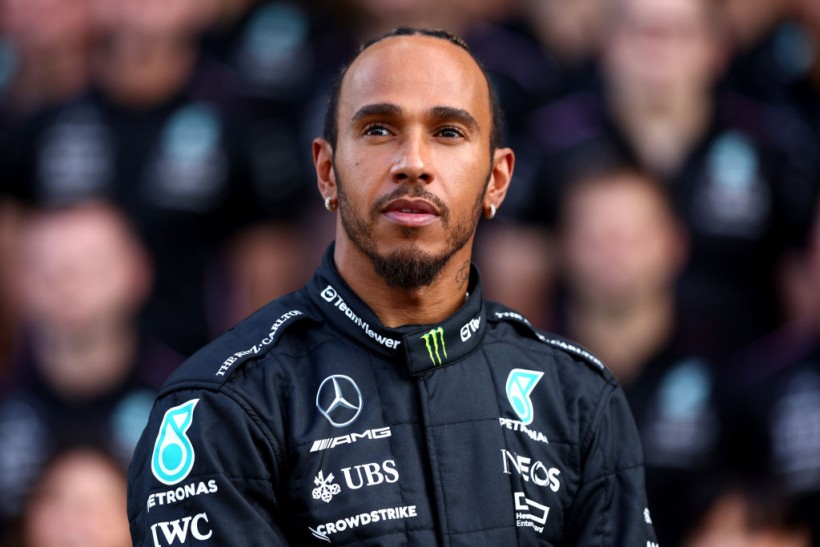
Mercedes driver Lewis Hamilton stands as the most successful driver in Formula One history by the numbers, holding records for the highest number of wins (103), pole positions (104), podium finishes (197), and various other achievements.
Most notably, Hamilton shares the record for the most Drivers' championships in Formula One history with Ferrari legend Michael Schumacher, with both drivers having secured seven titles each.
Hamilton was inches away from clinching a record-breaking eighth world title in the 2021 season. He led for a significant portion of the championship-deciding Abu Dhabi Grand Prix. However, a controversial safety car incident diminished his lead over rival Max Verstappen, and the Red Bull driver ultimately overtook him in the season's final lap to secure the title.
Since then, the 39-year-old has found himself distant from title contention in the 2022 and 2023 Formula One seasons, concluding those campaigns with sixth and third-place finishes in the standings, respectively.
A comprehensive regulations overhaul in 2022 saw Red Bull emerge as the dominant force in the sport, while Mercedes struggled to optimize their designs for this new era.
With these circumstances, will Lewis Hamilton ever capture his eighth world title?
Read more: Red Bull: Who is Adrian Newey? All-Time Great F1 Engineer Has Been Vital to Team's Recent Dominance
3 reasons Lewis Hamilton will not win record-breaking 8th F1 world title
1. Regulations overhaul is far away.
The next significant F1 regulations overhaul is not scheduled until 2026, indicating that substantial changes are unlikely for the next two full seasons.
Red Bull's substantial lead in development is evident, as they are already focusing on working on their car package for the 2025 season, even though the first race of 2024 is still several months away.
Catching up for Mercedes over the next two years may prove challenging, given their usual performance as the third-best team on the grid, behind Ferrari and occasionally trailing McLaren and Aston Martin.
Although there were instances when they emerged as the second-best team in some races, such occurrences were less frequent.
2. Young stars on the rise.
The current Formula One grid is brimming with young talents on the rise. Aside from the reigning champion, Max Verstappen, who is only 26 years old, the racing series is set to showcase an abundance of talent in the coming years.
Drivers like Charles Leclerc, Lando Norris, Oscar Piastri, Alex Albon, and Hamilton's teammate George Russell are poised for further sports growth and success.
3. Mercedes cannot outspend rivals anymore.
During their period of dominance in the 2010s, Mercedes spent upwards of $400 million per season to operate the team, significantly higher than their competitors.
However, during the 2021 season, Formula 1 implemented a cost cap that changed teams' financial strategies, forcing them to manage repairs and other expenses within a set budget.
This limitation impacts funds available for car development, potentially affecting mid-season upgrades and future season development. The 2023 cost cap is $135 million, down from $140 million in 2022 and $145 million in 2021.
Related article: Formula 1: Everything to Know About the F1 Sprint Format
© 2023 Sportsworldnews.com All rights reserved. Do not reproduce without permission.




